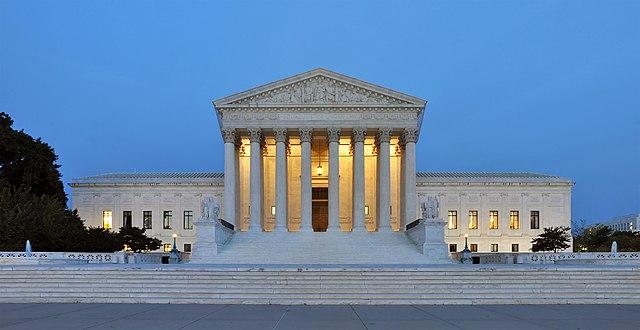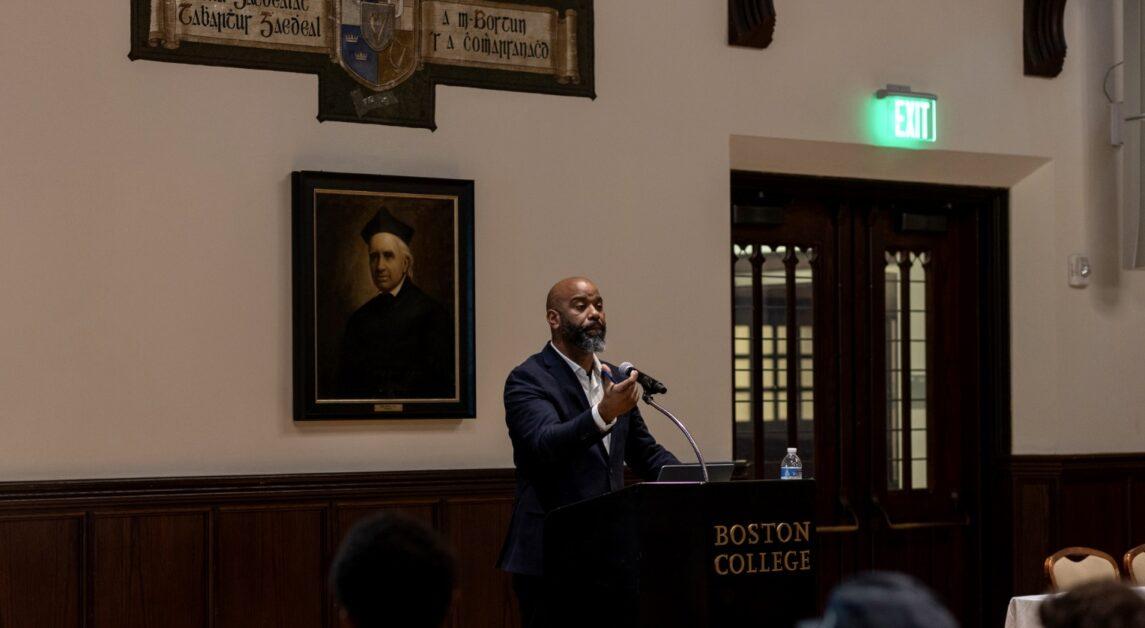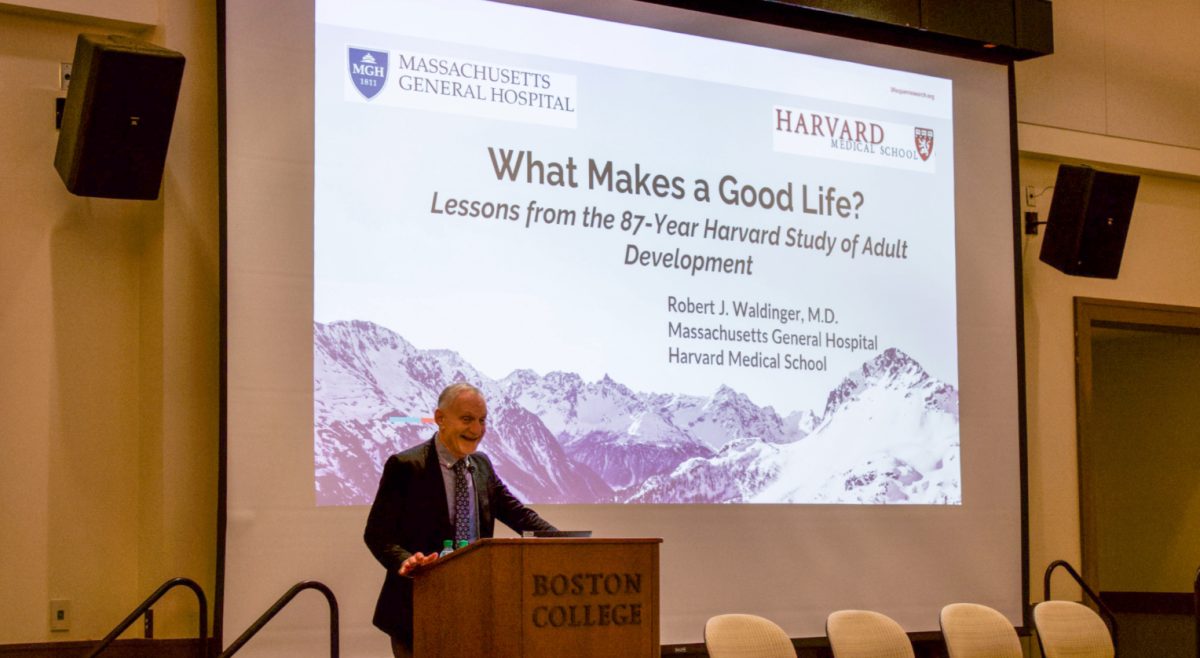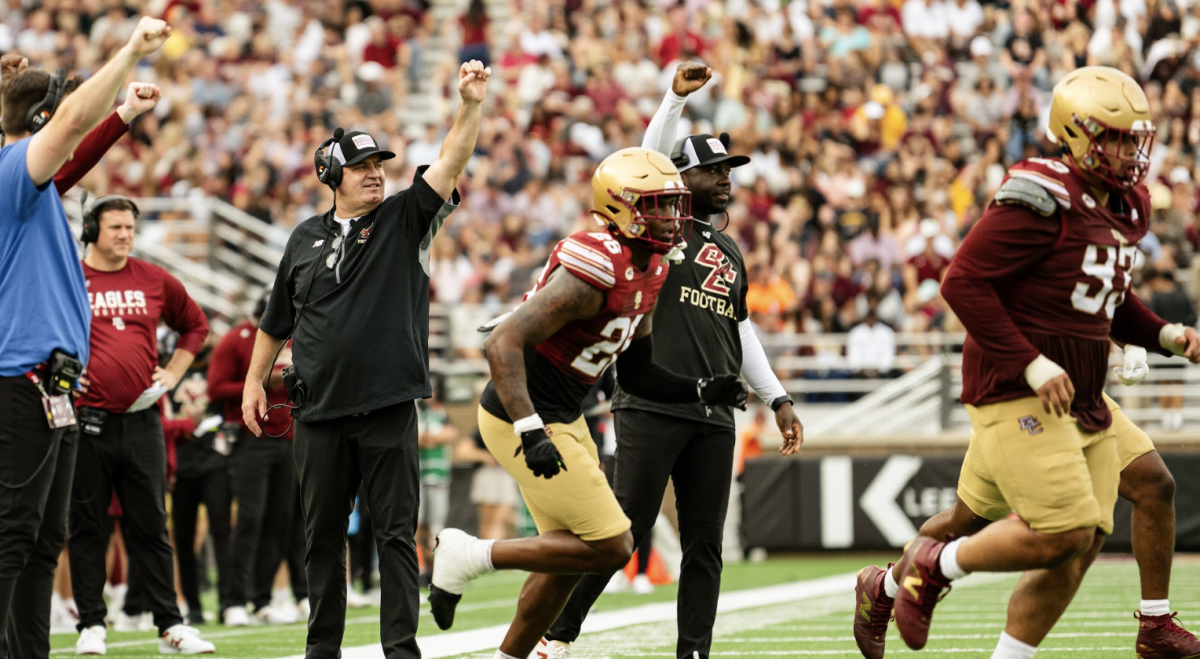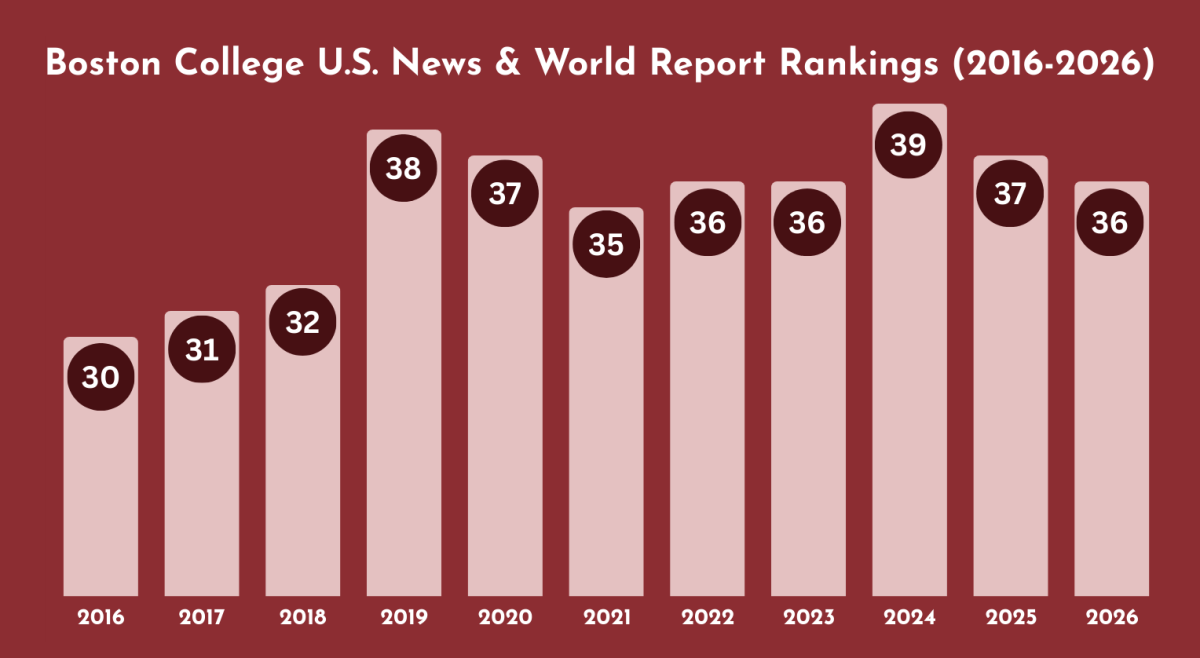The Supreme Court of the United States ruled to ban affirmative action in college admissions on Tuesday afternoon, voting 6–2 against Harvard University and 6–3 against the University of North Carolina, Chapel Hill in a landmark decision.
Chief Justice John Roberts and Associate Justices Clarence Thomas, Neil Gorsuch, Brett Kavanaugh, and Amy Coney Barrett ruled that affirmative action violates the Constitution’s Equal Protection Clause, while Associate Justices Elena Kagan, Sonia Sotomayor, and Ketanji Brown Jackson dissented. Jackson recused herself from voting in the Harvard ruling because of her past ties to the school.
“The student must be treated based on his or her experiences as an individual—not on the basis of race,” Roberts wrote in the decision. “Many universities have for too long done just the opposite. And in doing so, they have concluded, wrongly, that the touchstone of an individual’s identity is not challenges bested, skills built, or lessons learned but the color of their skin.”
Affirmative action is the practice of implementing strategies and policies—like considering race as a factor in admission or hiring decisions—so universities and companies can create more diverse environments. This decision overturned the court’s 2003 landmark case, Grutter v. Bollinger, which permitted affirmative action in college admissions to promote diversity.
Boston College has used affirmative action in admissions and hiring to promote a more diverse campus for decades.
“With the promulgation of its Affirmative Action Program, the University reaffirms and endorses the goals of equal employment opportunity and affirmative action consistent with the law and firmly rooted in its values and policies,” the human resources website reads.
BC established the “Affirmative Action Plan” in 1991, which created a five-year plan to increase the representation of women on campus.
Later in February 2003, BC reaffirmed its support for affirmative action following the Grutter v. Bollinger decision, saying it was seeking to diversify its AHANA (people of African, Hispanic, Asian, and Native American descent) population.
In July 2018, BC announced it would continue to use race as a factor in admissions following the Trump administration’s reversal of Obama-era policies that supported affirmative action.
The court saw two separate lawsuits by Students for Fair Admissions (SFFA), an anti-affirmative action advocacy group—one against UNC and the other against the President and Fellows of Harvard College.
In the lawsuit against UNC, the SFFA argued that UNC’s admissions policy violated the Equal Protection Clause under the 14th Amendment.
The SFFA also argued Harvard was not abiding by Title VI of the Civil Rights Act, saying Harvard admissions discriminate against Asian Americans. Roberts agreed, writing in the decision that Title VI does not permit affirmative action.
Roberts also argued that the use of affirmative action in the admissions programs at both schools is not supported by the Equal Protection Clause.
“The Harvard and UNC admissions programs cannot be reconciled with the guarantees of the Equal Protection Clause,” Roberts wrote. “Both programs lack sufficiently focused and measurable objectives warranting the use of race, unavoidably employ race in a negative manner, involve racial stereotyping, and lack meaningful endpoints. We have never permitted admissions programs to work in that way, and we will not do so today.”
This story is being updated.

